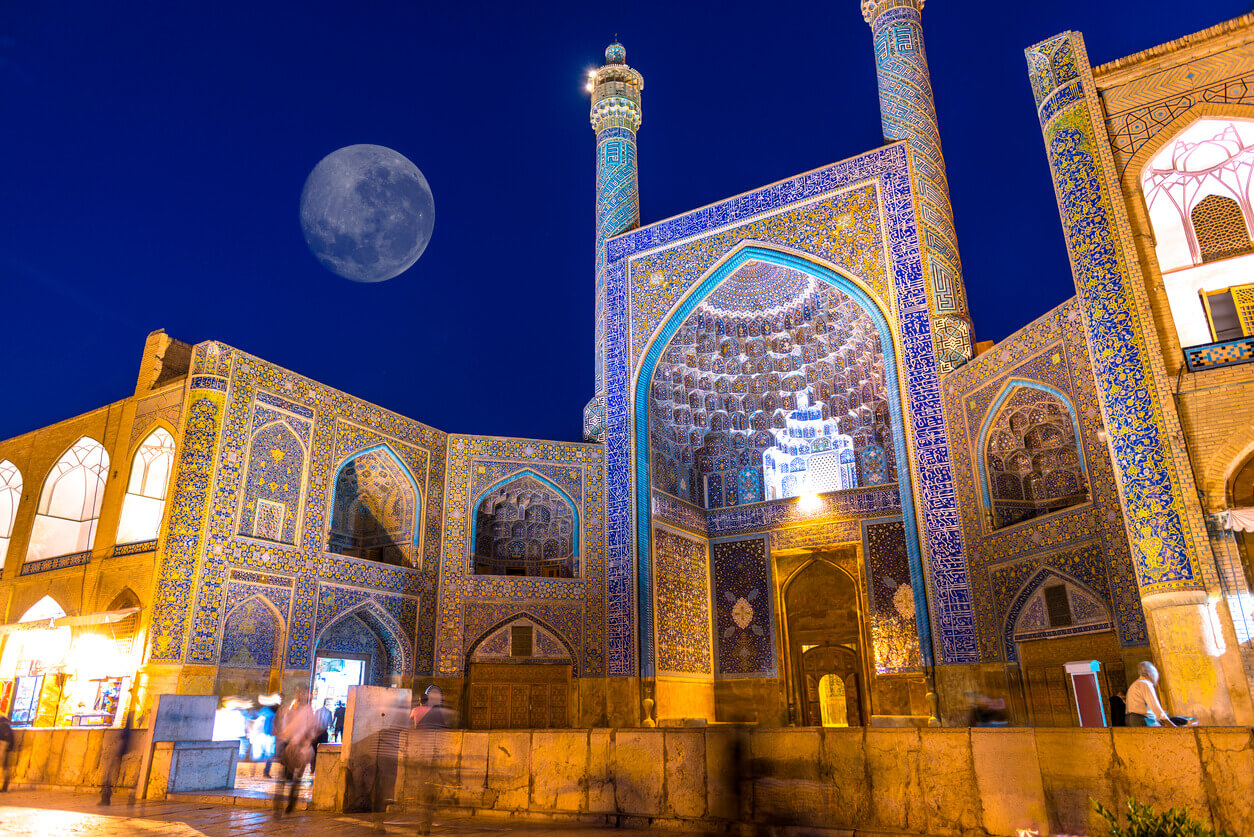What Happened
On June 13, 2025, reports emerged confirming that Iran’s Supreme Leader, Ayatollah Ali Khamenei, is alive and actively receiving updates regarding the situation in Iran. This information was provided by a security source to Reuters following an Israeli military operation that targeted various Iranian facilities, including nuclear sites and military commanders. The Israeli strikes reportedly resulted in significant casualties, including the death of Hossein Salami, the commander of Iran’s Revolutionary Guards, and two nuclear scientists, Fereydoun Abbasi-Davani and Mohammad Mehdi Tehranchi.
The Israeli government characterized the operation, named “Operation Rising Lion,” as a preemptive measure aimed at curbing Iran’s nuclear ambitions and ensuring the security of Israel. Israeli Prime Minister Benjamin Netanyahu stated that the operation would continue until the perceived threat from Iran is neutralized. In response, Iranian officials have indicated that they are preparing a “harsh and decisive” retaliation against Israel.
Key Details
- Date of Incident: June 13, 2025
- Key Figures: Ayatollah Ali Khamenei (Supreme Leader of Iran), Hossein Salami (Commander of the Revolutionary Guards, killed), Fereydoun Abbasi-Davani and Mohammad Mehdi Tehranchi (nuclear scientists, killed).
- Israeli Operation: “Operation Rising Lion,” targeting nuclear facilities and military leaders in Iran.
- Casualties: Multiple fatalities reported, including high-ranking military and scientific personnel.
- Iran’s Response: Plans for a significant retaliatory action against Israel are being discussed at high levels within the Iranian government.
Multiple Perspectives
The situation has generated a range of responses from various stakeholders:
-
Israeli Government: Officials have framed the military operation as a necessary step to protect national security. Netanyahu emphasized the urgency of addressing the Iranian threat, suggesting that Iran’s nuclear capabilities pose an existential risk to Israel.
-
Iranian Officials: Iranian authorities have condemned the Israeli strikes and vowed to respond decisively. An Iranian security source indicated that the response would be planned at the highest levels, reflecting a unified stance against what they perceive as aggression.
-
International Observers: Analysts and commentators are divided on the implications of the Israeli operation. Some argue that it could escalate tensions in the region, potentially leading to broader conflict. Others suggest that it may serve to deter Iran from pursuing aggressive nuclear ambitions.
-
Public Sentiment: Within Iran, public reaction may vary, with some citizens expressing outrage over the attacks and others rallying around the government in response to perceived external threats.
Context & Background
Ayatollah Ali Khamenei has been the Supreme Leader of Iran since 1989, holding significant influence over both domestic and foreign policy. His leadership has been characterized by a firm stance against Western influence and a commitment to Iran’s nuclear program, which has been a point of contention in international relations.
The Israeli-Iranian conflict has escalated in recent years, particularly as Iran has advanced its nuclear capabilities. Israel views Iran’s nuclear program as a direct threat, leading to a series of covert and overt military actions aimed at disrupting Iranian operations. The recent Israeli strikes are part of a broader strategy to undermine Iran’s military infrastructure and prevent the development of nuclear weapons.
The geopolitical landscape is further complicated by the involvement of other regional and global powers, including the United States, which has historically supported Israel’s right to defend itself against perceived threats.
What We Don’t Know Yet
Several uncertainties remain regarding the situation:
-
Details of Iran’s Retaliation: While Iranian officials have promised a strong response, the specifics of this retaliation are not yet clear. Analysts are watching closely for any immediate military actions or strategic shifts.
-
Impact on Regional Stability: The long-term implications of the Israeli strikes on regional stability and the potential for escalation into broader conflict are still uncertain. The reactions from neighboring countries and international powers will play a crucial role in shaping the outcome.
-
Khamenei’s Health and Role: While reports confirm Khamenei’s survival, his health and the extent of his involvement in decision-making during this crisis remain unclear. His leadership style and ability to navigate the current tensions will be critical in the coming days.
In conclusion, the situation surrounding Iran’s Supreme Leader and the recent Israeli military operations is fluid and complex, with significant implications for regional security and international relations. As developments unfold, stakeholders will be closely monitoring the responses from both Iran and Israel, as well as the reactions from the global community.


